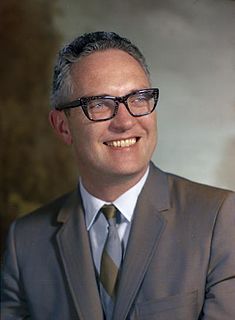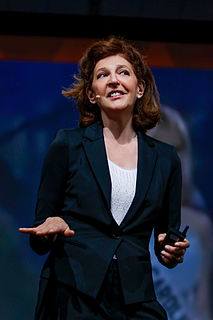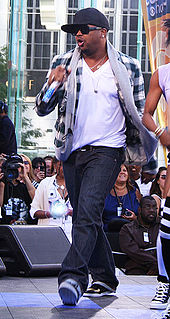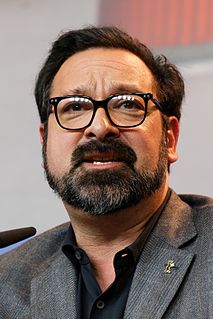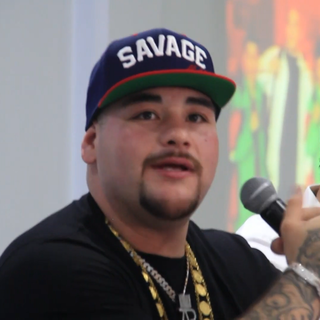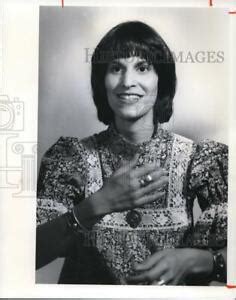A Quote by John Boyne
... Nine-year-old boys usually turn ten at some point. It's the nineteen-year-olds who have difficulty turning twenty.
Related Quotes
Full House was a show that was done for ten-year-olds. The critics hated it. They said terrible, terrible things about it. But it should have been reviewed by ten-year-olds. That's who it was made for. They loved it. And if they loved it, great. Why the hell does a fifty-year-old guy working at a big newspaper have to tell me I'm a piece of crap?
Everyone wants something that'll appeal to, like, 13-year-olds to 18-year-olds. Especially working in television and trying to pitch shows, they're like, 'We definitely want something that a 14-year-old will be, like, super-psyched about.' And I'm like, 'I don't know if my reality is appealing to a 14-year-old.'
Today age segregation has passed all sane limits. Not only are fifteen-year-olds isolated from seventy-year-olds but social groups divide those in high school from those in junior high, and those who are twenty from those who are twenty-five. There are middle-middle-age groups, late-middle-age groups, and old-age groups - as though people with five years between them could not possibly have anything in common.
Now that the most interesting matter of identity is not what place someone was born in, but what point in time they are from - where they sit in relation to time. Age has become much more divisive than place. With the Internet and globalization, a twenty-year-old in New York has far more cultural references in common with a twenty-year-old in Nebraska than they do with a thirty-year-old who lives next door. National identity is what they trick you with when they want your feet in their army boots or your taxes in their bailouts.
We're in an inflection point where it's cheaper to learn to read on a tablet computer than it is to learn to read on paper. And that being the case, it's only a matter of time before every 6-year-old kid has a tablet computer, and we know for a fact, 3- to 4-year-old kids are using tablets and iPads, and 75 and 80 year olds are using them.

